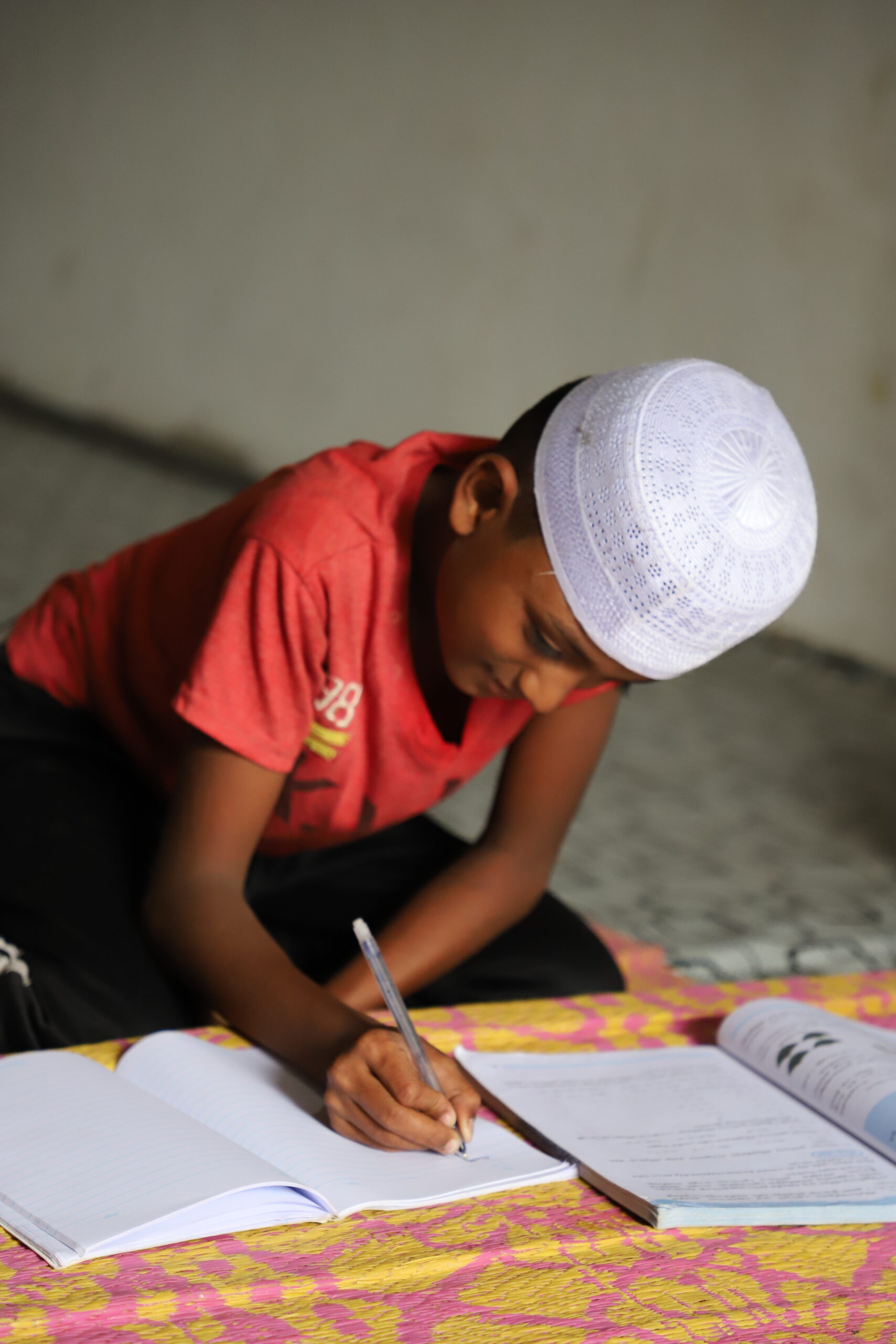In early 2022, Sri Lanka plunged into crisis as the country grappled with soaring costs, shortages of essential goods and crippling debt.
The unprecedented economic crisis saw Sri Lankans experience power cuts and shortages of basic necessities such as fuel; schools were forced to close, and people were asked to work from home to help conserve supplies.
The country as a whole suffered, but the impact on the poorest was profound. Millions of people, some already struggling, were pushed into poverty.
Today, approximately 7 million people – more than 30% of the country’s population – are in need of humanitarian assistance, according to the United Nations.
The United Nations Office for the Coordination of Humanitarian Affairs (OCHA) has also reported that a fifth of the population are classed as moderately food insecure, while malnutrition among children under 5 is on the rise.
This has left more people in Sri Lanka reliant on humanitarian aid and programmes than ever before.
A difficult time
Rifsana and her family have been through more than most.
The 39-year-old lives in a small house in Akkaraipattu, south-western Sri Lanka, with her 2 sons, Afan and Afsal, and elderly mother. Her eldest daughter, Fathima, has moved out and is studying in a madrasa (a religious school). Rifsana has been the family’s only breadwinner since her husband passed away some years ago from cancer.
Her mother’s health is now a concern since she slipped and hit her head several months ago, while Rifsana herself suffered a leg injury that prevented her from working for a while. To add to the family’s difficulties, some money and Rifsana’s phone were stolen in a burglary.
“If it was not for Islamic Relief, I would have been dead by now.” Rifsana says. “I even attempted suicide after my husband died because I didn’t know how to provide for my children.
“Then I began to go and work in an apparel factory. I went to work early in the morning and returned at night. Because of this many people were speaking ill of me and shaming me, but I did not care because I wanted to feed my children and I knew in my heart I was not doing anything bad.”
Providing a lifeline
Rifsana came into contact with Islamic Relief in 2018, when 2 of her children, Afan and Fathima, became enrolled in the Orphan Sponsorship Programme.
As the family experiences the same power outages and soaring food prices as everyone else in Sri Lanka, the support provided by the programme has been a lifeline.
“I am forever thankful to God and to Islamic Relief for sponsoring my children, now I know their futures are secured,” Rifsana says.
More than 1,300 people in Sri Lanka benefit from this programme, receiving monthly stipends to enable children to attend school and help struggling families pay for essential items such as food and fuel.

As well as the monthly stipend, Islamic Relief also provided a sewing machine to Rifsana, allowing her to leave her job at the factory and tailor from home. There, she also teaches young girls to sew for a little extra money.
“I only want my children’s happiness and for them to have a good life without any pain or suffering. My daughter wants to be a ‘Hafiza’ (religious scholar) and Afan wants to be policeman like his father, I want to be able to support them to achieve their goals,” Rifsana says.
“I pray that Allah bless all of you with success and good health so that you will be able to help more mothers like me.”
We launched our Orphan Sponsorship programme in Sri Lanka in 2005, helping 2,100 orphans in the years since. With your kind donations, we can continue to support the vulnerable families like Rifsana’s. Donate today.










